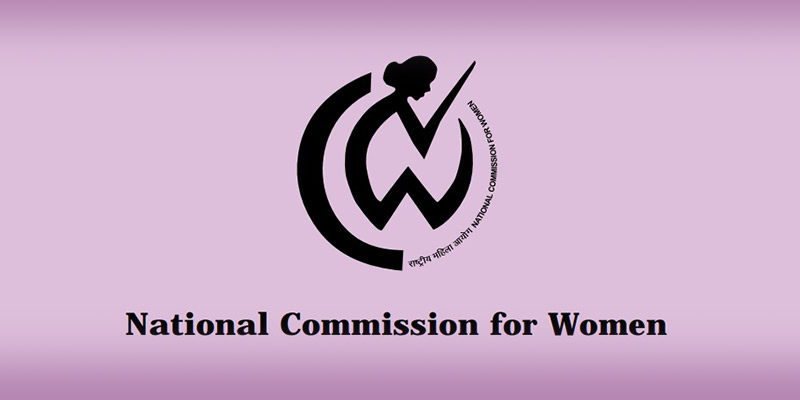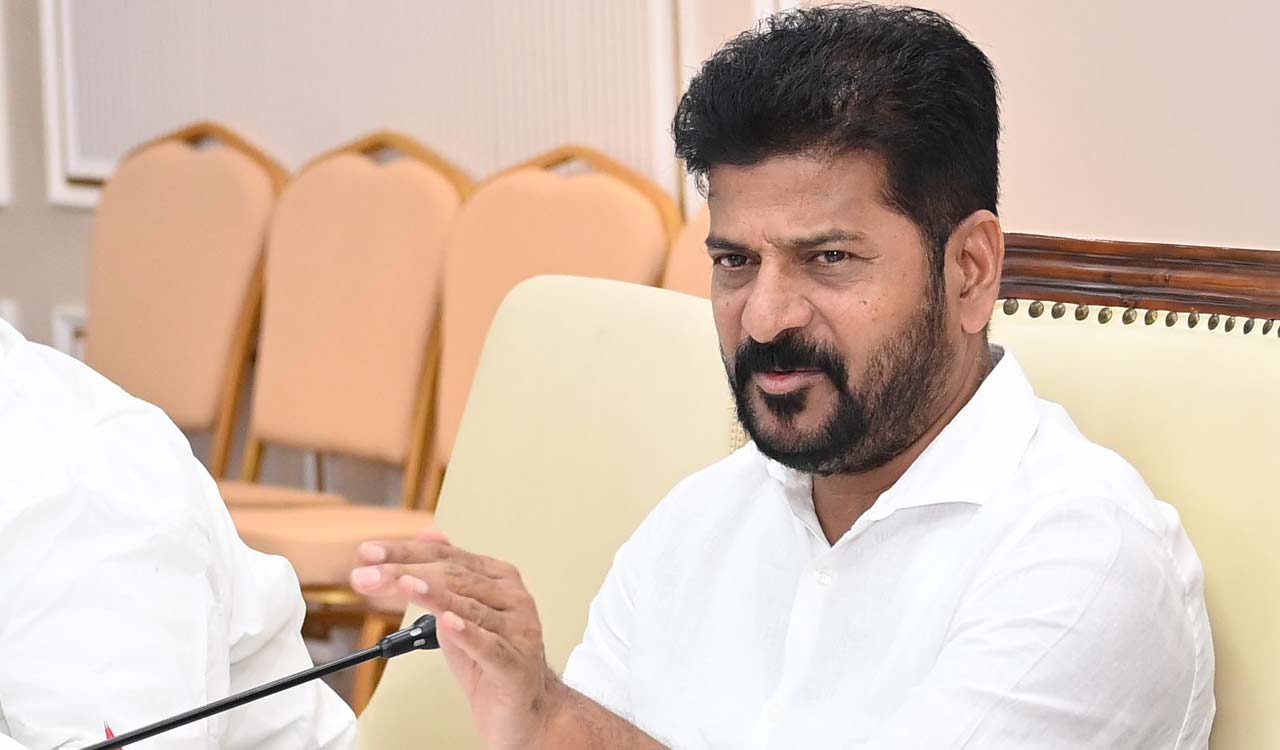US President Joe Biden will visit Israel tomorrow, says Blinken
Tue 17 Oct 2023, 10:52:03
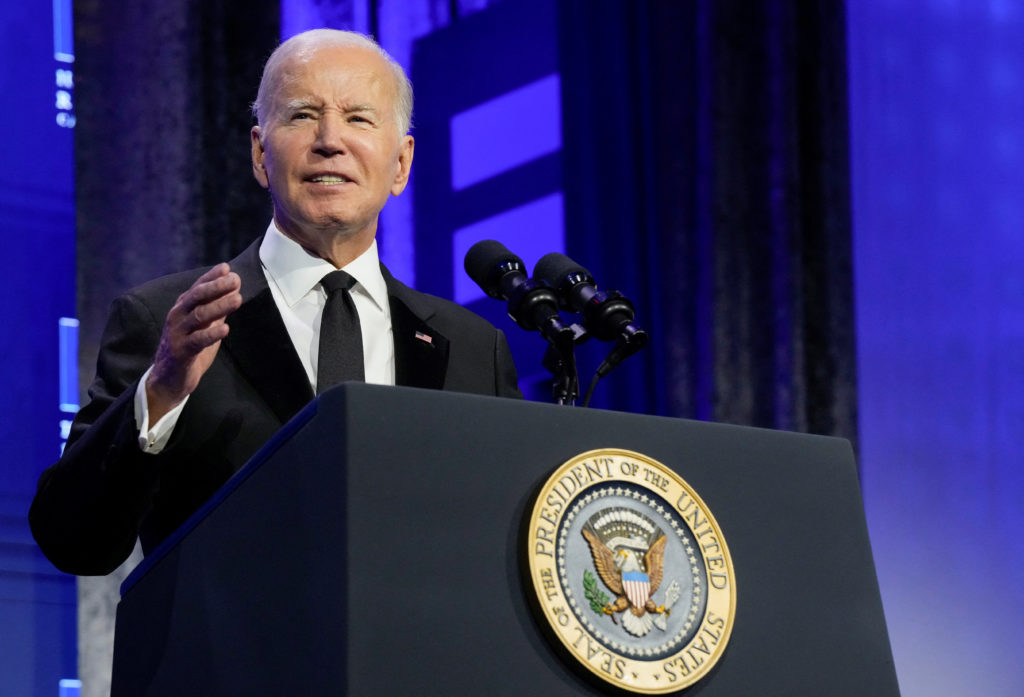
Tel Aviv: President Joe Biden will travel to Israel and on to Jordan Wednesday to meet with both Israeli and Arab leadership, as concerns increase that the raging Israel-Hamas war could expand into a larger regional conflict.
U.S. Secretary of State Antony Blinken announced Biden’s travel to Israel as the humanitarian situation in the Gaza Strip grows more dire and as Israel prepares for a possible ground attack on the 141-square-mile (365-square-kilometer) territory to root out Hamas militants responsible for what U.S. and Israeli officials say was the most lethal assault against Jews since the Holocaust.
Biden is looking to send the strongest message yet that the U.S. is behind Israel. His Democratic administration has pledged military support, sending U.S. carriers and aid to the region. Officials have said they would ask Congress for upward of $2 billion in additional aid for both Israel and Ukraine, which is fighting Russia’s invasion .
It's a chance for Biden to burnish his national security credentials to U.S. voters with the 2024 election just over a year away. It's also an opportunity to demonstrate that he's making good on his campaign promise of exercising American leadership after four years of former President Donald Trump's "America First" foreign policy.
But Biden’s presence could be seen as a provocative move by Hamas’ chief sponsor, Iran, or potentially viewed as tone-deaf by Arab nations as civilian casualties mount in Gaza. Blinken has already been traveling around the Mideast this past week trying to prevent the war with Hamas from igniting a broader regional conflict.
Blinken made the announcement early Tuesday after more than seven hours of talks with Israeli Prime Minister Benjamin Netanyahu and other top Israeli officials.
"He is coming here at a critical moment for Israel, for the region and for the world," Blinken said.
Blinken added that Biden will be briefed by Israeli officials on their war aims and strategy and would hear about how they intend to conduct operations "in a way that minimizes civilian casualties and enables humanitarian assistance to flow to civilians in Gaza in a way that does not benefit Hamas."
Shortly after in Washington, White House National Security Council spokesman John Kirby announced that Biden would also go to Jordan to meet with King Abdullah II, Egyptian President Abdel Fattah el-Sissi and Palestinian President Mahmoud Abbas.
"We’ve been crystal clear about the need for humanitarian aid to be able to continue to flow into Gaza," Kirby said. "That has been a consistent call by President Biden and certainly by this entire administration."
Truckloads of aid idled Monday at Egypt’s border with Gaza, barred from entry, as residents and humanitarian groups pleaded for water, food and fuel for dying generators, saying the tiny Palestinian territory sealed off by Israel after last week’s rampage by Hamas was near total collapse.
Biden had been scheduled to travel to Pueblo, Colorado, on Monday but decided to postpone the visit so he could consult with his aides and speak with fellow leaders about the unfolding situation in the Middle East.
The announcements came after Biden consulted with a trio of world leaders and his own national security team on Monday amid growing global concern about the humanitarian crisis unfolding in the Gaza Strip and fears that the Israel-Hamas war could metastasize into a broader regional conflict.
Biden spoke by phone with Egypt's el-Sissi, Iraqi Prime Minister Mohammed Shia al-Sudani and German Chancellor Olaf Scholz about the fallout from Hamas militants’ surprise attacks on Israel that left 1,400 dead and retaliatory strikes that have killed at least 2,778 Palestinians.
European Union leaders will hold an emergency
summit on Tuesday as concern mounts that the war between Israel and Hamas could fuel tensions in Europe and bring more refugees in search of sanctuary.
summit on Tuesday as concern mounts that the war between Israel and Hamas could fuel tensions in Europe and bring more refugees in search of sanctuary.
Biden’s call with the Egyptian leader came one day after el-Sissi met with Blinken in Cairo. Egypt’s state-run media said el-Sissi told Blinken that Israel’s Gaza operation has exceeded "the right of self-defense" and turned into "a collective punishment."
Kirby declined to comment on el-Sissi's concerns about how Israel is conducting the war.
"The humanitarian situation was high on the list of the discussion with President el-Sissi," Kirby said.
Iran’s foreign minister warned Monday that "preemptive action is possible" if Israel moves closer to its looming ground offensive in the Gaza Strip.
Iran is a chief financial sponsor of Hamas militants in Gaza and Hezbollah in Lebanon. The comments by Hossein Amirabdollahian follow a pattern of escalating rhetoric from Iran.
"Leaders of the resistance will not allow the Zionist regime to do whatever it wants in Gaza and then go after other resistance groups after it’s done with Gaza," he told state television. "Therefore any preemptive action is possible in the coming hours."
Kirby said the U.S. has not seen any signs that Iran might try to get directly involved in the Israel-Hamas conflict.
White House officials have said that U.S. intelligence shows that Iran has been broadly aware that Hamas had been preparing for a possible strike against Israel. But the U.S. says it has yet to uncover evidence of direct Iranian involvement in the Oct. 7 attack.
Israel is also preparing for the potential of a new front opening on its northern border with Lebanon, where it has exchanged fire repeatedly with the Iranian-backed Hezbollah group. The military ordered residents of 28 Israeli communities near the border to evacuate.
Air raid sirens interrupted Blinken’s meetings with Israeli officials on three different occasions Monday, including twice as he huddled with Netanyahu and his war cabinet.
In Washington, Biden was briefed in the Oval Office by his national security team on the situation on the ground in Israel and Gaza. White House chief of staff Jeff Zients joined the briefing led by national security adviser Jake Sullivan, Director of National Intelligence Avril Haines and Central Intelligence Agency Director Bill Burns, according to the White House.
Blinken was in Israel on Monday for his second visit in less than a week for talks with Israeli leaders. He has been crisscrossing the Middle East with stops in Jordan, Bahrain, Qatar, Egypt, Saudi Arabia and the United Arab Emirates.
Blinken, in talks Monday with Netanyahu and other Israeli officials, carried back some of the feedback he received from Arab leaders. He also "underlined his firm support for Israel’s right to defend itself from Hamas’ terrorism and reaffirmed U.S. determination to provide the Israeli government with what it needs to protect its citizens," State Department spokesman Matthew Miller said in a statement.
White House officials said Biden's talks with Arab leaders in Amman will largely focus on humanitarian concerns for Gaza's 2.3 million people. He'll also make clear that Hamas does not stand for the Palestinian people’s right to dignity and self-determination.
Still, White House officials bristled about whether Biden would ask Netanyahu and Israel officials to show restraint or set any conditions on any new U.S. military aid that could be in the pipeline.
"We are not putting conditions on the military assistance that we are providing to Israel," Kirby said. "They have a right to defend themselves. They have a right to go after this terrorist threat."
No Comments For This Post, Be first to write a Comment.
Most viewed from International
Most viewed from World
AIMIM News
Latest Urdu News
Most Viewed
May 26, 2020
Do you think Canada-India relations will improve under New PM Mark Carney?
Latest Videos View All
Like Us
Home
About Us
Advertise With Us
All Polls
Epaper Archives
Privacy Policy
Contact Us
Download Etemaad App
© 2025 Etemaad Daily News, All Rights Reserved.


.jpg)
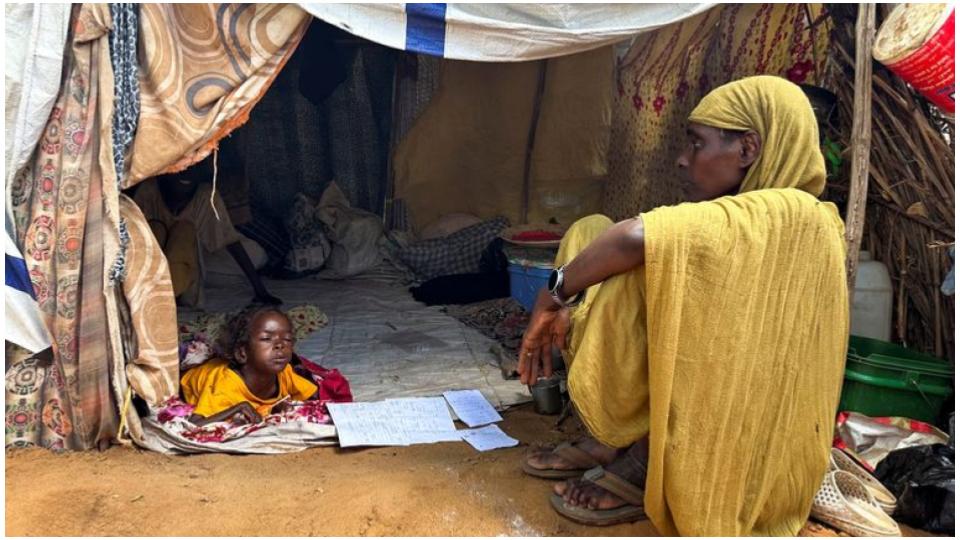

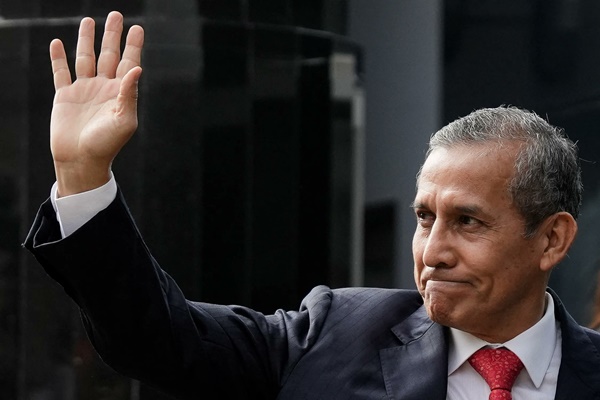

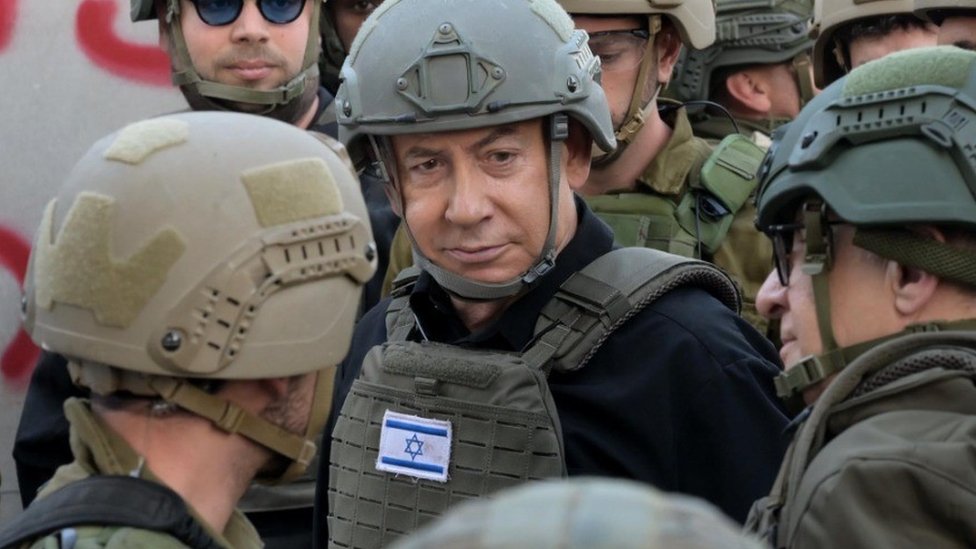


.jpg)
.jpg)
.jpg)







